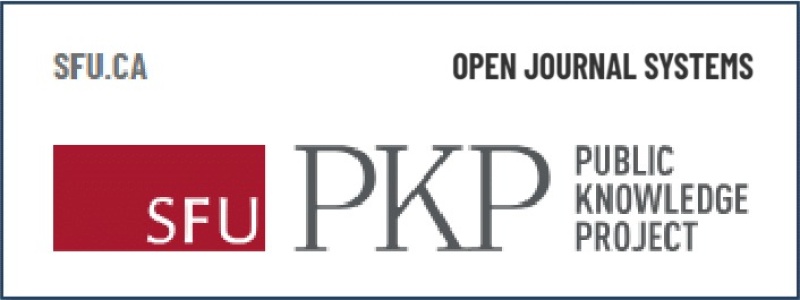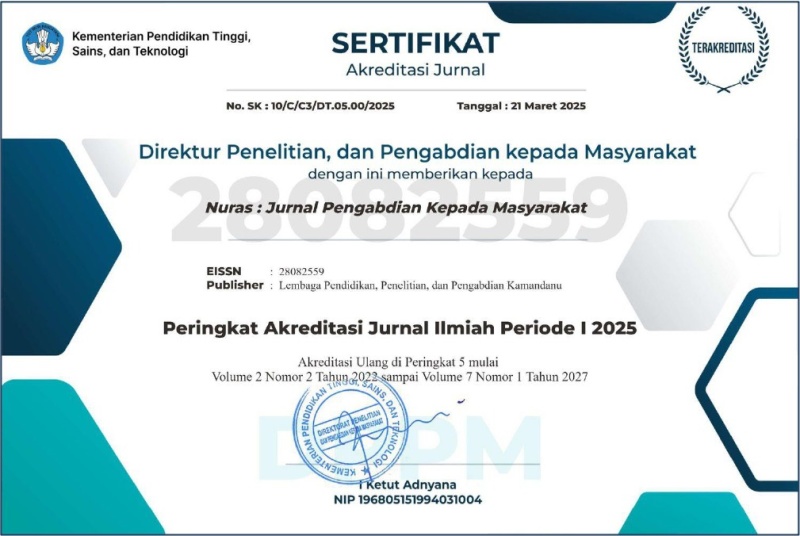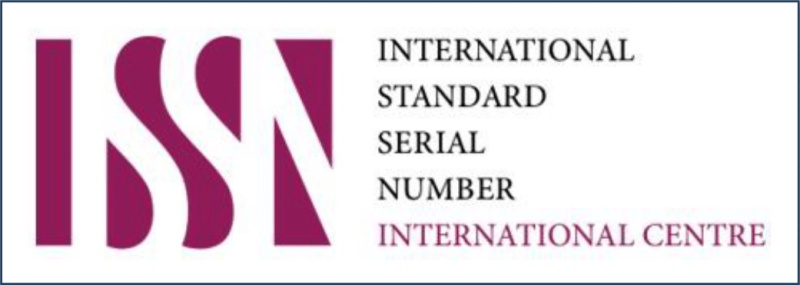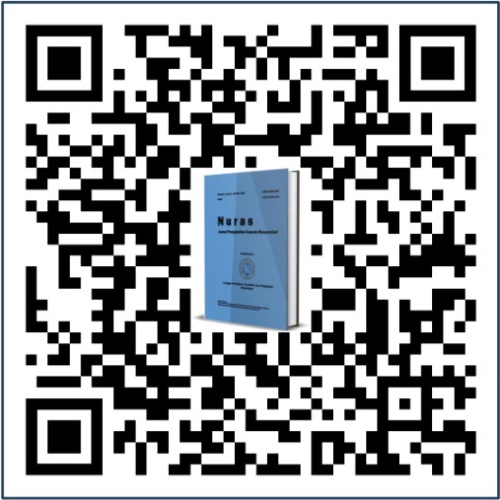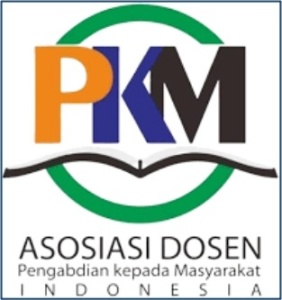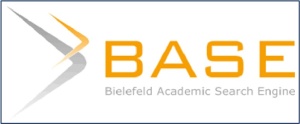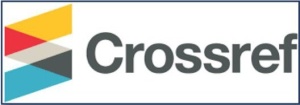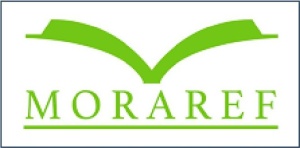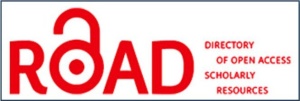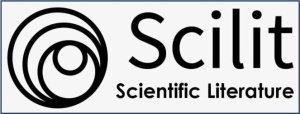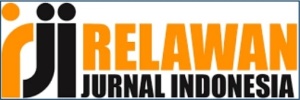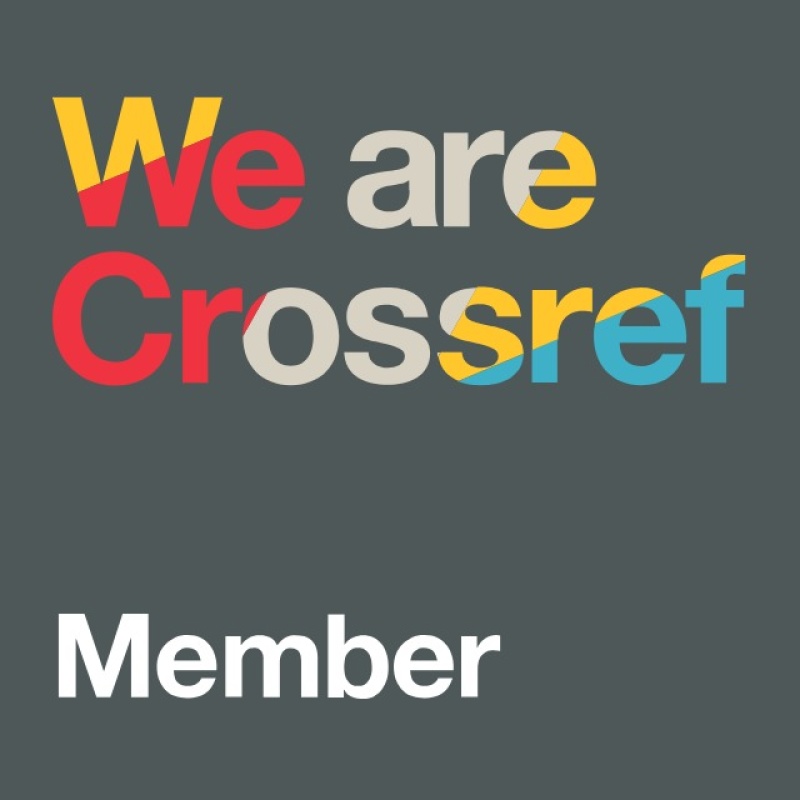Pengentasan Buta Aksara Melalui Baca, Tulis, Hitung, Diskusi, dan Aksi (Calistungdasi) di Desa Kawo Kabupaten Lombok Tengah
DOI:
https://doi.org/10.36312/nuras.v4i2.265Keywords:
Illiteracy Alleviation, Reading, Writing, Calculation, Discussion, Action.Abstract
Illiteracy is the inability to read, write and count simple sentences. The illiteracy rate for those aged 15-59 years in West Nusa Tenggara Province is still quite high, even above the national figure with a percentage of 7.91%, especially in Central Lombok Regency. Data from the Central Lombok Regency Government shows that up to 2015, 1,970 residents of various ages were recorded as illiterate. The main goal of literacy education is to teach students to be able to utilize the basic skills of reading, writing, arithmetic, discussion and action (Calistungdasi), as well as their functional abilities in everyday life. The objectives of this activity include: 1) so that people are able to read, write and count; 2) so that society is able to compete in facing advances in technology and in social life; 3) so that people can easily accept empowerment programs from the government; and 4) so that people are able to become instructors for other communities. Based on the results of activities, observations and implementation of work programs that have been planned, prepared and implemented, several conclusions can be drawn, including: 1) the success of activities cannot be separated from cooperation between the implementation of activities and village officials, the community and all parties who assist and support the implementation of community service activities. Without good cooperation, the work program will not run smoothly; 2) with the implementation of activities, the community tries to imitate the way of thinking in implementing critical activities, especially for illiterate residents; 3) by carrying out activities, the community is helped by increasing the information and knowledge they obtain from carrying out activities; and 4) implementing activities to gain knowledge and learn how to live from village people, such as: mutual cooperation, friendship, and helping each other.
Downloads
References
Adman, A. (2019). Model Pendampingan Keluarga Berbasis Asesmen, Konseling, Home Visit, dan Intervensi sebagai Upaya Menumbuhkan Motivasi Belajar Anak Jalanan di Yayasan Rumah Kita (eRKa) Cipinang Jakarta. Jurnal Parameter, 31(1), 9-27. https://doi.org/10.21009/parameter.311.02
‘Asyam, A. A. N. (2021). Pemberdayaan Masyarakat Melalui Pendampingan Pembelajaran Daring di RW 03 Desa Puncaksari. In Proceedings UIN Sunan Gunung Djati Bandung (pp. 33-43). Bandung, Indonesia: UIN Sunan Gunung Djati Bandung.
Gani, H. A., Fadlih, A. M., & Angriawan, T. (2022). Pemberantasan Buta Huruf. In Prosiding Seminar Nasional Hasil Pengabdian 2022 (pp. 1185-1188). Makassar, Indonesia: Universitas Negeri Makassar.
Irwanto, I. (2021). Pemberdayaan Masyarakat Desa yang Berbudaya dalam Meningkatkan Pendidikan Menuju Kabupaten Serang yang Unggul. Abdimas Toddopuli: Jurnal Pengabdian pada Masyarakat, 3(1), 44-58. https://doi.org/10.30605/atjpm.v3i1.1460
Jessica, V., Halis, A., Ningsi, D. W., Virginia, G. F., & Syahidah, S. (2017). Pemberantasan Buta Aksara untuk Peningkatan Kualitas Sumber Daya Manusia Masyarakat Sekitar Hutan Desa Manipi, Kecamatan Pana, Kabupaten Mamamsa. Agrokreatif, 3(2), 136-142.
Kahar, M. S., Rusdi, A., & Hidaya, N. (2021). Pemberantasan Buta Aksara dalam Meningkatkan Pengetahuan Warga. CARADDE: Jurnal Pengabdian Kepada Masyarakat, 3(3), 372-380. https://doi.org/10.31960/caradde.v3i3.622
Pasande, P., Katelu, M., & Tari, E. (2020). Peran Guru dalam Mengatasi Buta Huruf di Suku TAA Wana Desa Taronggo. Edumaspul: Jurnal Pendidikan, 4(1), 236-243. https://doi.org/10.33487/edumaspul.v4i1.357
Raharjo, B. (2023). Teori Etika dalam Kecerdasan Buatan (AI). Semarang: Yayasan Prima Agus Teknik.
Rosadi, A. (2017). Dampak Pendidikan Keaksaraan Fungsional terhadap Peningkatan Kualitas Hidup Sosial Ekonomi di Desa Parado Wane Kecamatan Parado Kabupaten Bima. Muamalat : Jurnal Hukum Ekonomi Syariah, 9(2), 130-159. https://doi.org/10.20414/mu.v9i2.2015
Saepudin, A., Setiawati, A. F., & Koyim, N. (2022). Pengabdian Mahasiswa di Masyarakat Terpencil (Studi PAR di Cigarukgak, Desa Sukatani, Kecamatan Sukatani, Kabupaten Purwakarta). ADINDAMAS: Jurnal Pengabdian Kepada Masyarakat, 1(2), 128-139. https://doi.org/10.37726/adindamas.v1i2.323
Safnowandi, S. (2021). Pengaruh Model Pembelajaran Contextual Teaching and Learning (CTL) terhadap Hasil Belajar Kognitif dan Literasi Sains Siswa. BIO-EDU: Jurnal Pendidikan Biologi, 6(1), 40-54. https://doi.org/10.32938/jbe.v6i1.831
Sari, M., Assyakurrohim, D., Karoma, K., & Astuti, M. (2023). Mengkaji Faktor-faktor yang Menyebabkan Buta Aksara Al-Qur’an dan Langkah-langkah untuk Pembebasannya. Educational Journal: General and Specific Research, 3(2), 421-435.

Downloads
Published
How to Cite
Issue
Section
License
Copyright (c) 2024 Andy Agam Maulana

This work is licensed under a Creative Commons Attribution-ShareAlike 4.0 International License.
-
Attribution — You must give appropriate credit, provide a link to the license, and indicate if changes were made. You may do so in any reasonable manner, but not in any way that suggests the licensor endorses you or your use.
-
ShareAlike — If you remix, transform, or build upon the material, you must distribute your contributions under the same license as the original.

